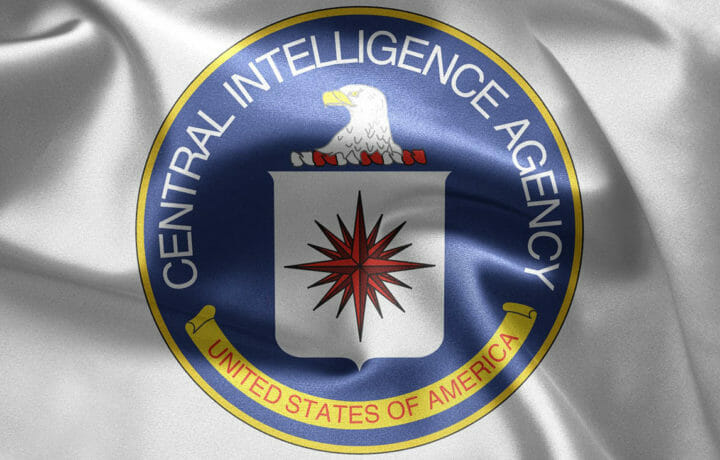The recent challenge filed by the Knight First Amendment Institute at Columbia University on behalf of a handful of former intelligence and military personnel to the prepublication review process within the intelligence community caught the attention of media. When the challenge initially was filed in the Federal Court District in Maryland, The New York Times characterized the prepublication review system as a “censorship system the government uses to ensure that millions of former military and intelligence officials spill no secrets.”
The filing, 42 pages in length (8:19-cv-00985 (GJH) ), alleges that the prepublication review process is ambiguous, vague, infringes on First Amendment and Fifth Amendment rights, places too much authority in the reviewer, and infringes on the ability of former employees to make a living.
The government, via the Department of Justice (DoJ), responded with their own 40 page memorandum arguing the case should be dismissed. The court filings indicate a response from the plaintiffs would have been filed by 28 June, but according to the court records, such was not the case. We now await the court’s decision to dismiss the case or allow it to continue.
Prepublication Review Requirement
Every agency and department which is a member of the intelligence community has a process in place to conduct prepublication review of information to be submitted by current and former employees which may contain reference to classified information which was obtained during the period of their employ. The rules for current employees often times are more arduous than those for former employees.
Within the CIA, every employee signs the Form 368, also known as the “Secrecy Agreement.” This agreement never expires and obliges the employee to keep secrets, secret. Paragraphs 4 and 5 of the 3-page document articulate the responsibilities and conditions when prepublication review should be sought prior to writing about classified topics.
Interestingly, four of the five identified plaintiffs have successfully traversed the prepublication review process, some multiple times. The fifth, a former Marine, has never submitted writings for prepublication.
Preparing for prepublication review
It surprises no one to learn that the amount of materials being reviewed in 2019 by the reviewers is greater than when the system was installed in the 1970s. Indeed, the government points out that the number of manuscripts received early on in the process numbered less than 100 per year, and now exceeds on average more than 3,000. Add to this the number of articles, op-eds, blogs, etc. which are drawing on classified information, and one can understand that a queue exists.
In a 2015 overview of the prepublication review process by the CIA (declassified in 2017), the average reviewer inspects and researches more than 736 pages per day.
Advice from one who has traversed the prepublication review process
The government expects resumes, academic papers, course work, articles, manuscripts, etc. , which contain references to information which was classified during a person’s employment, should submit their work for review.
- Prepare your submission with a complete bibliography and comments on the provenance of the information, especially information which you the author know was once classified and is now unclassified. This bibliography and comments help the reviewer understand the content and context as they pore through your words.
- Respond to inquiries on a timely basis. The reviewer may have a question or request expansion on a given topic and that round-trip of emails is time on the clock.
- If submitting a manuscript, make sure you do so at least 90 days prior to your intended publication date. That said, one should be prepared for the review to take up to a year, according to the CIA’s recent advisory to authors.
In sum, it is in all our interests to keep our secrets secure. If you are writing that next great tome, you will most assuredly want to keep abreast of the modalities of the prepublication review process.





